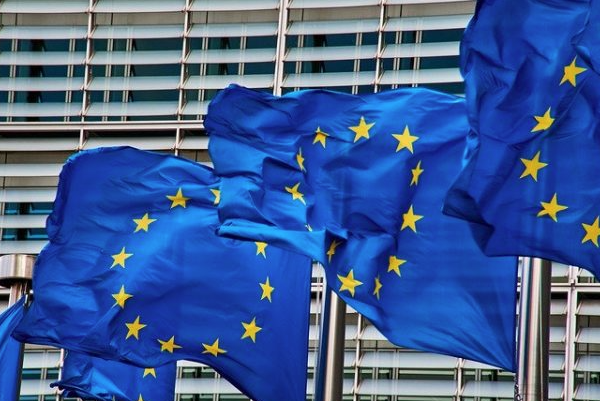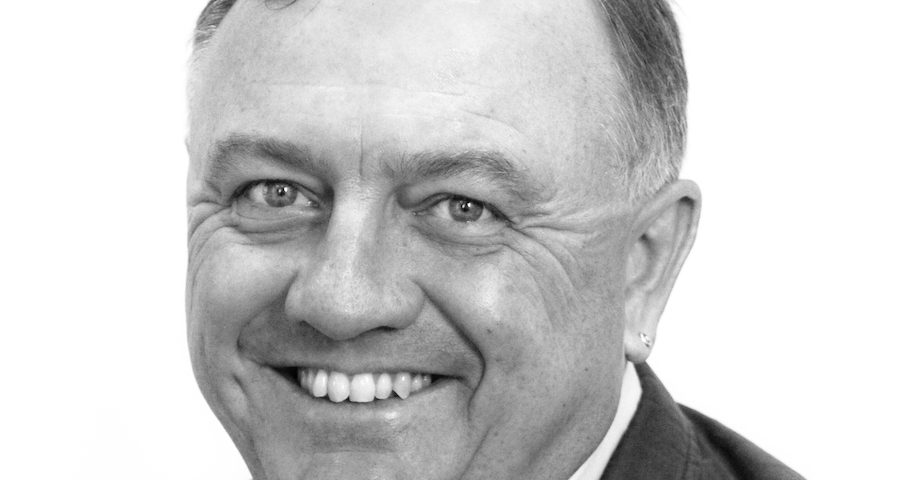
Special Focus: What does 2020 mean for fundraising?
December 4, 2019
Expert View: What does the European Commission’s work programme mean for nonprofits in Europe?
February 5, 2020Donor acquisition has never been more important to charities across the globe and face-to-face fundraising remains one of the most effective ways of recruiting committed supporters. Daryl Upsall explores the need for a global debate to shape the future of the channel.
Face-to-face fundraising has changed rapidly since it first hit the streets of Vienna some 25+ years ago. There’s clearer guidance on ethical practices and great examples of integrated and innovative campaigns, but it’s undoubtedly getting more challenging too.
In some “mature” fundraising markets, it has become harder to recruit and retain professional fundraisers, and to speak with potential supporters, so charities are having to be even more creative in how they go about it. And, while in many emerging markets the channel is fast growing, there are some real challenges around the banking systems (particularly in the Global South).
What remains the same is the vital importance of recruiting committed donors. Face-to-face is one of the most successful ways for charities worldwide of attracting new supporters. But, if the sector is to continue to rely on this income stream, we need to face up to the current challenges and opportunities and work together across national boundaries to shape its future evolution.
The birth of face-to-face
Such challenges are nothing new for fundraising. In fact, it’s how face-to-face first came about.
“We are becoming “Greypeace” not Greenpeace, Daryl. You have to do something about it!”
These were the words spoken to me by my boss, Dr Thilo Bode, executive director of Greenpeace International in the early 1990s when I was the charity’s international fundraising director tasked with turning the ailing environmental organisation’s financial fortunes around. Thilo had a point. Greenpeace was largely relying on its national offices in Germany and the Netherlands to pay its costs, they were entirely dependent upon direct mail for their income and the average age of their donors was over 65 years old. This was not sustainable.
Despite being pioneers of online fundraising, with www.greenpeace.org raising $50,000 USD per month in 1993, digital was not going to save us. Certainly, not when most adults at the time simply didn’t have access to the internet or have an email address.
Our Greenpeace colleagues, Gerald Kaufmann and Jasna Sonne, had a crazy, new fundraising idea of “Direct Dialogue” delivered on the street. They sought my approval and support for testing and then rolling it out. Thus, face-to-face fundraising was born in 1995 on the streets of Vienna, and not without the Church in Austria arguing that Greenpeace would robbing them of their Sunday donations. Face to face attracted its vocal critics, even then!
Driving a new era of regular giving
Face-to-face fundraising has become the biggest monthly donor acquisition tool in the world. But it hasn’t all been smooth sailing, not now and not when it began.
Did we make some epic mistakes at Greenpeace as we rapidly tested and rolled out face-to-face around the world? Of course! For example, we recruited donors that were too young and soon stopped paying; put new donors straight into the direct mail programme; never welcomed them to Greenpeace nor listened properly to what THEY were telling us; the phases “donor stewardship” and “donor journey” were not part of our language.
Additionally, we battled with banking and payment systems. I recall us meeting with the bank in New Zealand that Greenpeace had its account with and telling them that they either introduced direct debit or we would very publicly take our business elsewhere. In the land where the world famous Greenpeace flagship, the Rainbow Warrior was bombed and buried, they quickly conceded to our demands.
The need for cross-border dialogue
The power of human interaction remains the same in our need to inspire the public to give. So too does the challenge of motivating, stimulating and encouraging our face-to face fundraisers to engage, listen and activate new committed donors.
Face-to-face has been the core driver of many charities’ regular donor acquisition programmes. And yet, many of the challenges, problems and issues we faced in creating those first F2F baby steps, remain with us today, and still need addressing. Around the world, we struggled with how to manage our relationships with the newly emerging F2F fundraising agencies and in response some of the bigger charities started to manage campaigns in-house, only to create a whole new set of internal management challenges and opportunities of their own.
Do some of these issues sound familiar as we head into 2020? And, as donor markets and technology continue to evolve, how can we make even better use of the channel?
Charities are continuing to develop increasingly innovative and integrated campaigns, many of which we’ll be showcasing at the first International Face-to-Face Fundraising Congress (#F2FCongress, 17-19 November 2020, Vienna). There has never been a greater need for cross-border discussions about the future of this powerful fundraising tool.
Let’s keep talking, listening and sharing and building a global community of the very best of face to face fundraising.
The European Fundraising Association is supporting the International Face-to-Face Congress (hosted by Fundraising Association Austria), encouraging global face-to-face leaders to participate in the event, sharing best practice, latest innovation, debating ethical issues and more.
The deadline for speaker submissions is 24th January 2020. Early bird discounts are available until 31st March. Find out more at: https://www.f2f-fundraising.com.
About Daryl Upsall
A pioneer of face-to-face fundraising, Daryl has over 35 years experience of successfully founding and managing fundraising, communications and advocacy operations for NGOs in over 50 countries. Formerly, the international fundraising director for Greenpeace International, he is chief executive of Daryl Upsall & Associates and Daryl Upsall Consulting International SL.




